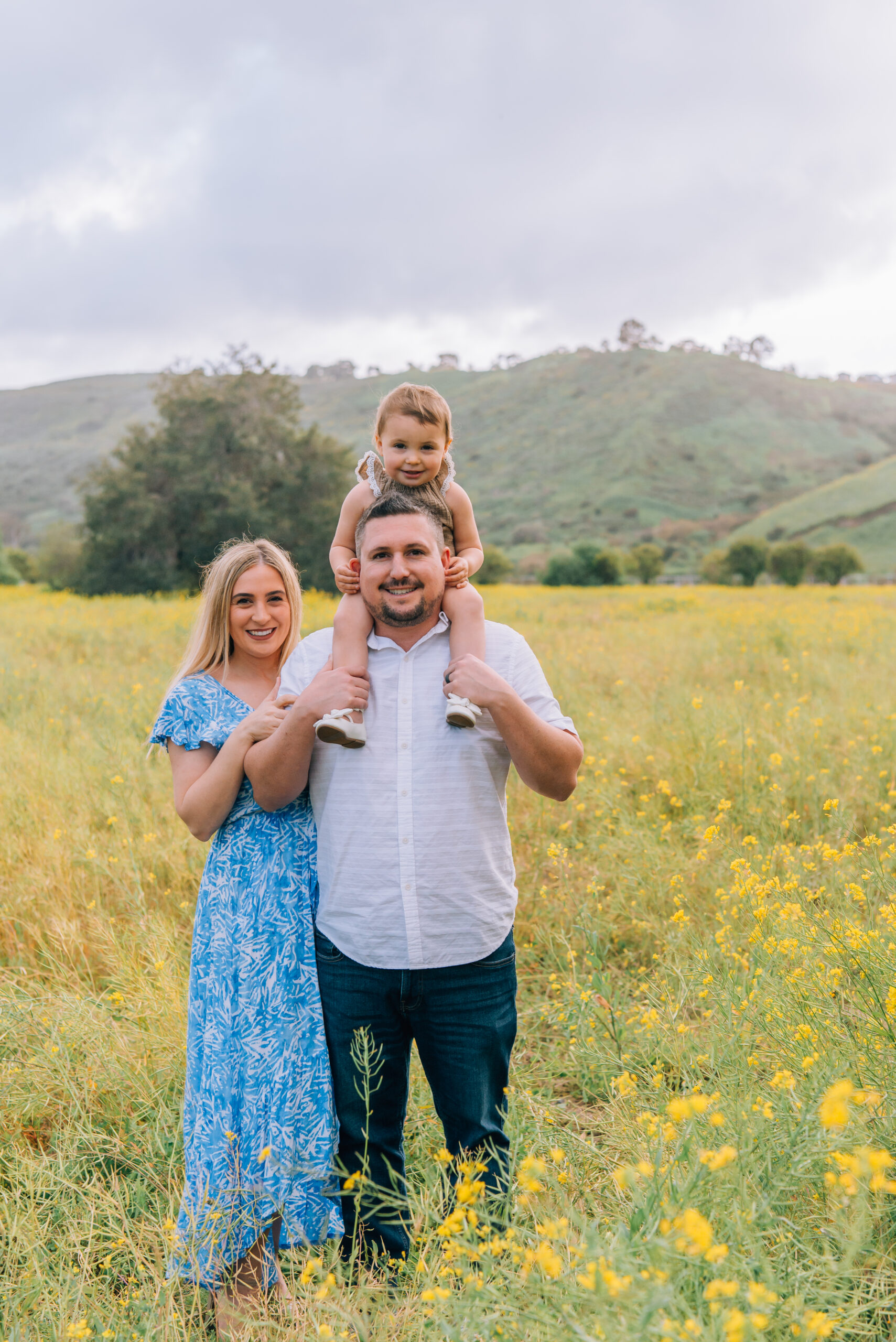As an impressionable young girl, I learned many lessons about the importance of family financial literacy. Once I became a mother, I decided to channel my industry expertise and financial life lessons into a foundation that I could use to help my family and others. Literacy of all types begins at an early age. Creating “Haisley’s Birthday Money” was a way I could help young families introduce the concept of money to children at the earliest stage of their learning. Storytime after all can include reading about things that are both non-fiction and fantasy. To avoid creating an uncomfortable stigma around monetary conversations, I believe it is important to make financial conversations the norm, not the exception. Starting these conversations with your children at an early age helps normalize the topic.
Teens and families with older children may have different concepts top of mind such as, “How can I save for my children’s college education?” Moving into this phase of life, there are six categories that families should consider. These categories include Roth IRAs, UTMA, Life Insurance, Guardianship, 529 College Savings, and Checking and Savings Accounts. As a parent, it can seem overwhelming if you don’t have these things in place – but more importantly – not having these things in place can create unneeded stress and strife that could easily have been avoided with advance planning. If you don’t know where to start, that’s ok. The next step is contacting your trusted advisor. In my role, I seek to get to know each client and their unique situation. By curating a focused action plan for my clients, I’ve been able to help them and their families become financially literate and empowered. Knowledge is key to making sound monetary decisions at all stages of life.
I often am reminded of the fact that our youth bloom into adults. As they do, the habits they have established as children grow with them. As parents, while we can’t control the decisions our children will make, we can help shape the habits that will guide them through their teenage years and into adulthood. Being equipped with proper life skills includes developing healthy habits of money as a resource and a tool. That way we can teach our children how to become adults that work to live and not live to work.

Comments +